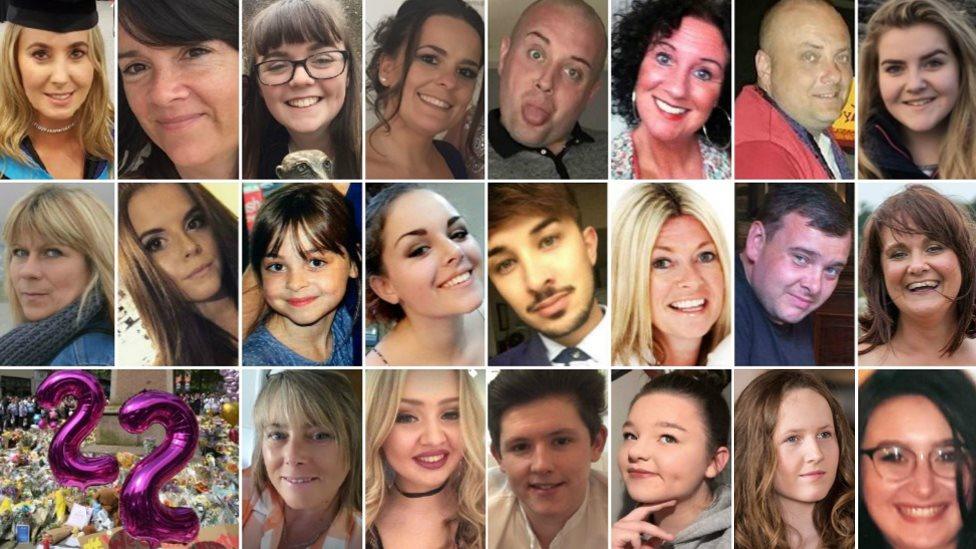Manchester Arena bombing: Report shows 'catalogue of errors'
- Published
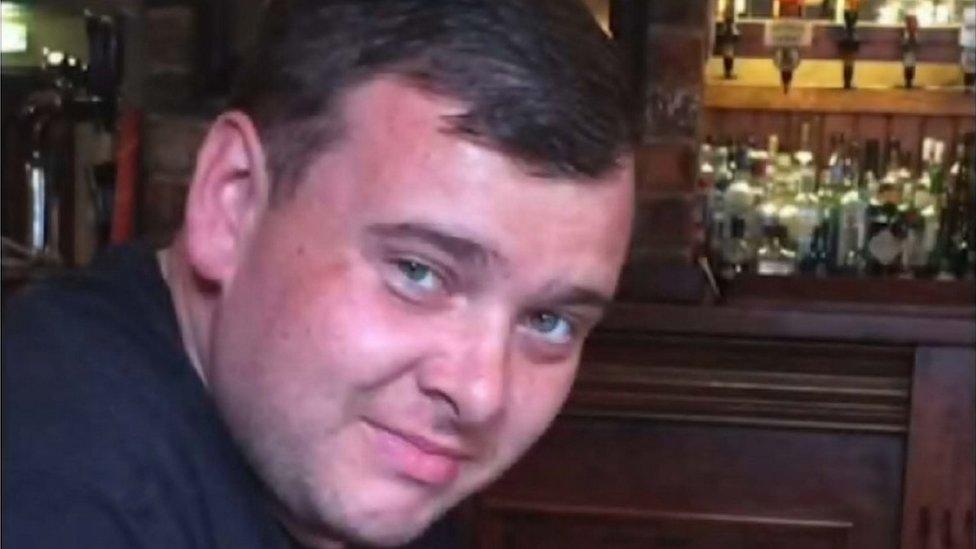
Philip Tron was described by those who knew him most as a "bit of a joker"
The family of a Gateshead man killed in the Manchester Arena bomb attack has said a report shows a "catalogue of errors" by emergency services.
Philip Tron, 32, died when he went to collect his partner's daughter who had been attending a concert at the venue.
Manchester Arena Inquiry chair Sir John Saunders said "significant aspects" of the emergency response "went wrong".
Philip's uncle Ken Mullen said: "It was just... one thing going wrong after another. Just a domino effect."
Twenty-two people were killed on 22 May 2017 when suicide bomber Salman Abedi detonated a homemade device in the arena's foyer as crowds left an Ariana Grande concert.
Delivering the second of three reports into what happened on the night, Sir John said emergency crews involved in the response "no doubt thought they were doing their best, [but] in some cases... their best was not good enough".

Twenty-two people died in the bombing on 22 May 2017
He also said it was likely that "inadequacies in the emergency response" had prevented one man, John Atkinson, from surviving.
Philip's mother June Tron, speaking after the report was released, said: "From day one I knew [Philip] was gone, so [the report] is not going to change anything.
"As long as there's a better outcome, which after today it looks like [there is] - we are getting somewhere."
Addressing failures by the emergency services, she added: "It was a total cock-up - that's the only way I can put it - a failure from beginning to end."
Manchester Arena Inquiry chairman Sir John Saunders spoke of "heartbreaking evidence"
Philip had travelled to Manchester from Gateshead with his mother, his partner Deborah Hutchinson, and her children.
He was killed alongside Deborah's daughter Courtney Boyle.
Ms Tron said she felt "angry" at the time the injured had to wait for ambulances.
"I know there's nothing they could've done for Philip, but I know from speaking to other people who were outside who were near enough to the City Room to hear people crying and shouting out for help," she said.
"And as time went on, those cries got less and less."
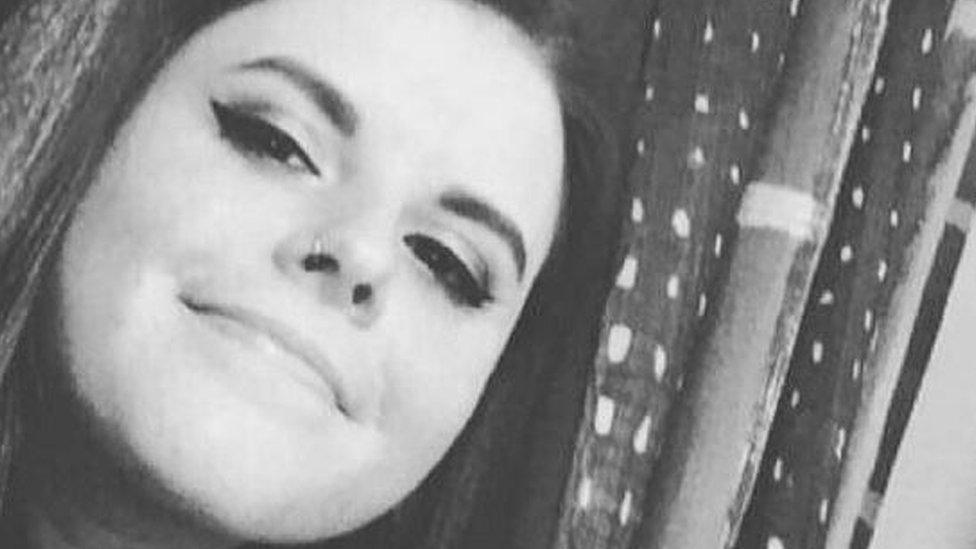
Courtney Boyle wanted to work in the prison service
The report was critical of the police response, and Mr Mullen said "everything just snowballed" when a senior officer failed to notify other agencies.
"But he was put in a very bad position himself," he said.
"He was put there to fail. He was overwhelmed. They had done exercises and things beforehand which showed that a man in his position would never be able to cope."
Mr Mullen praised the report saying it had enabled Sir John to make an "honest appraisal of what happened. And what needs to be done to prevent it happening again".
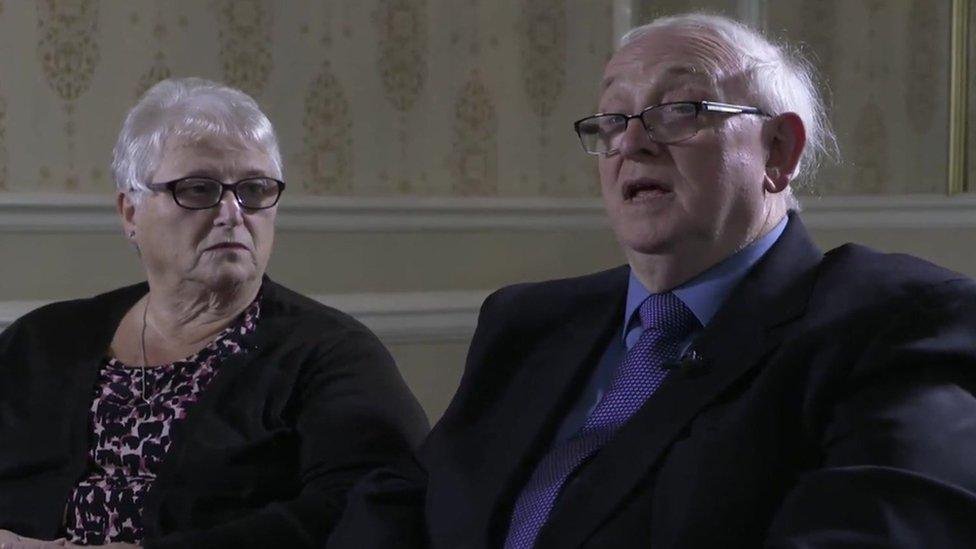
June Tron and Ken Mullen said they hoped the report would change things
The report went on to make 149 recommendations, which included:
First aid training for all police officers, all firefighters and as many members of the public as possible, with an additional suggestion that first aid training is added to the national curriculum for schools
Armed police being able, where possible, to provide basic life-saving interventions and a consideration being given to the idea of embedding medics in armed units
A review of government departments, including those for health and transport and the Home Office, to ensure there are an adequate number of appropriate stretchers available
More regulation and enforcement to improve the standard of healthcare services at public venues
A review by ambulance service trusts of their capacity to respond to a mass casualty incident
Sir John said within this report and the previous one, which levelled criticism at British Transport Police, the arena operators SMG and their contracted security providers Showsec, he believed that he had "got to the truth of what happened on that dreadful night".
"I also hope fervently that what comes out of this inquiry will make a difference," he added.
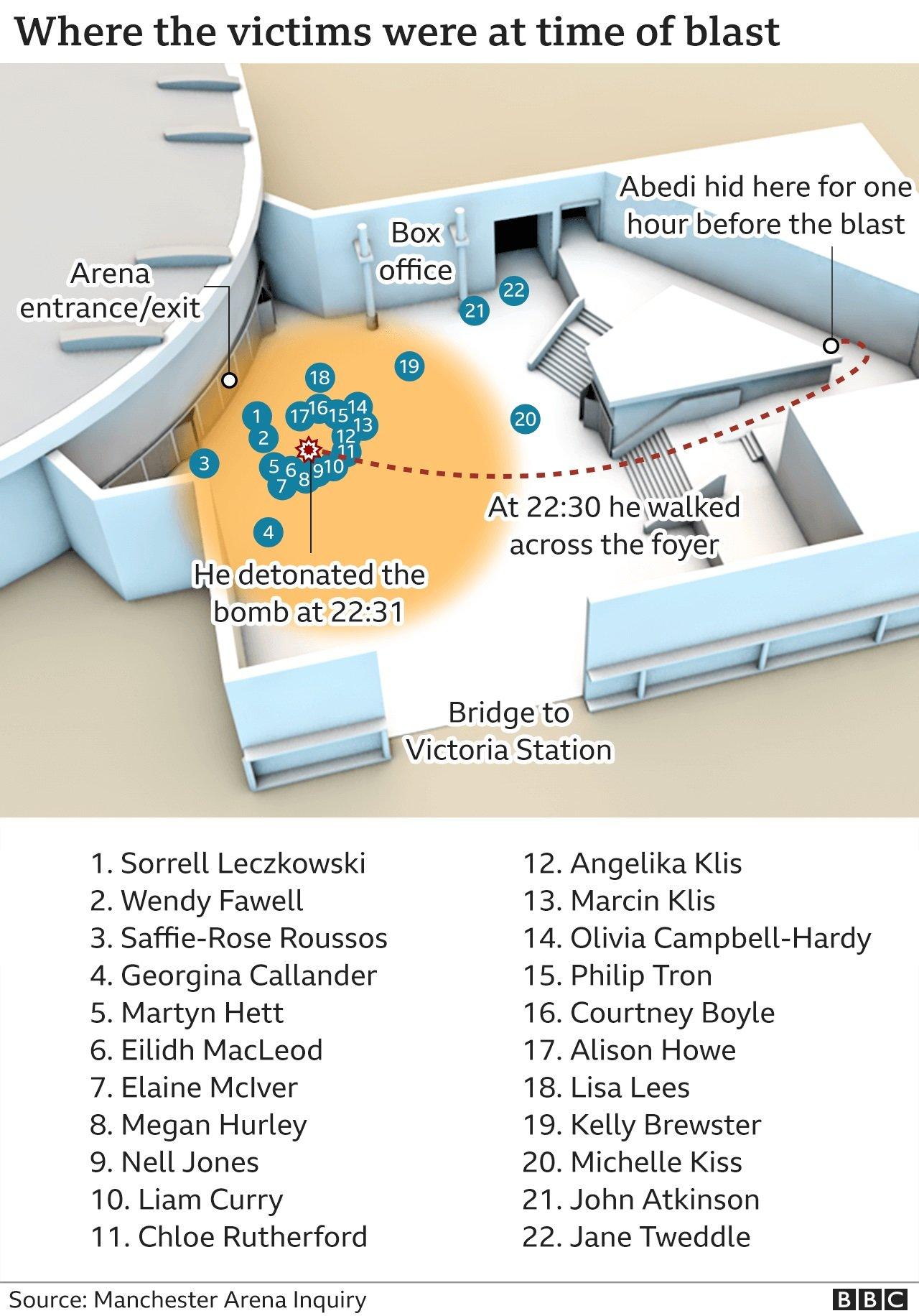
The inquiry, which started in September 2020, will deliver a third and final report that will focus on the radicalisation of Abedi, what the intelligence services and counter-terrorism police knew about him and his family, and if they could have prevented the attack.
Abedi's brother Hashem was jailed for at least 55 years a month before the inquiry began for his part in the bombing.

Follow BBC North East & Cumbria on Twitter, external, Facebook, external and Instagram, external. Send your story ideas to northeastandcumbria@bbc.co.uk, external.
- Published17 September 2020
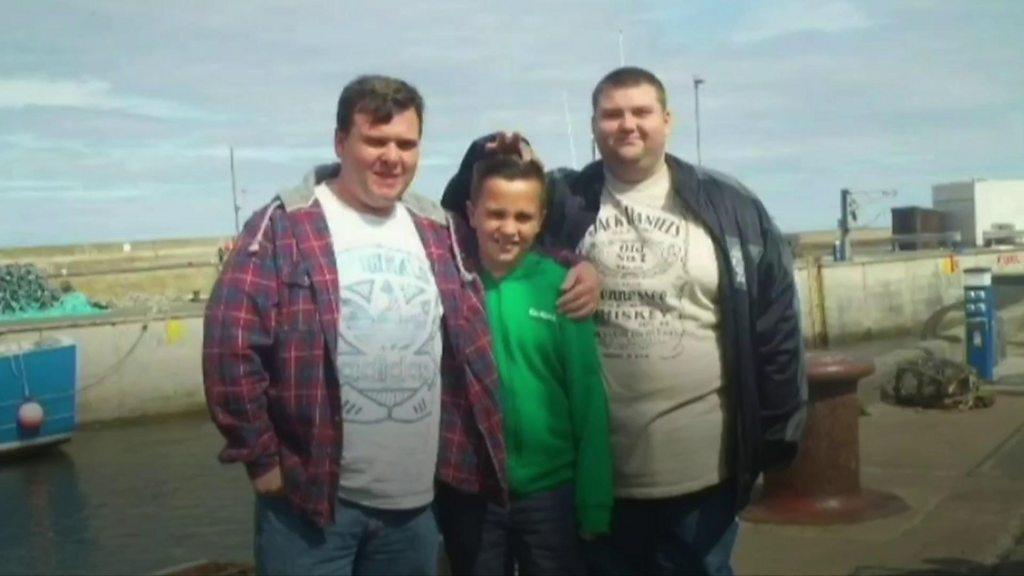
- Published15 September 2020

- Published16 June 2017
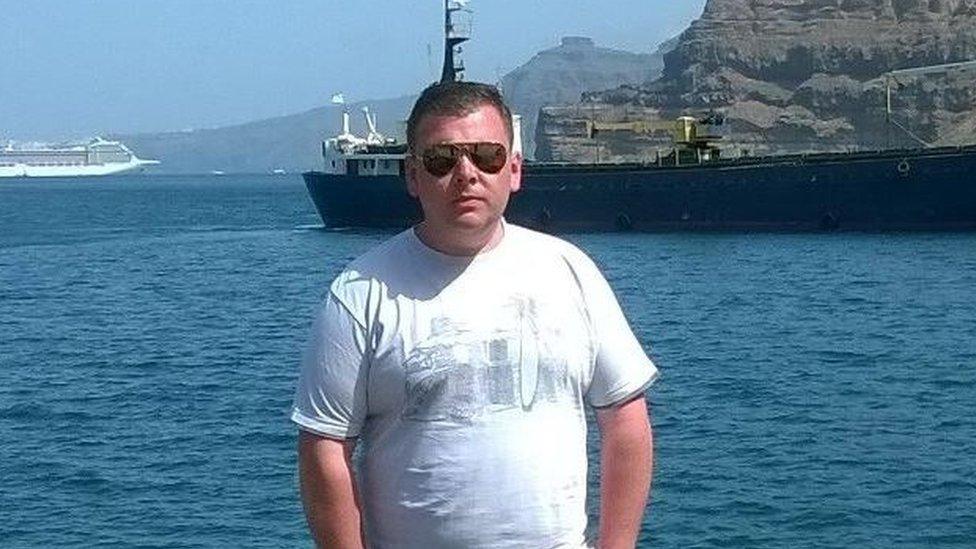
- Published3 November 2022
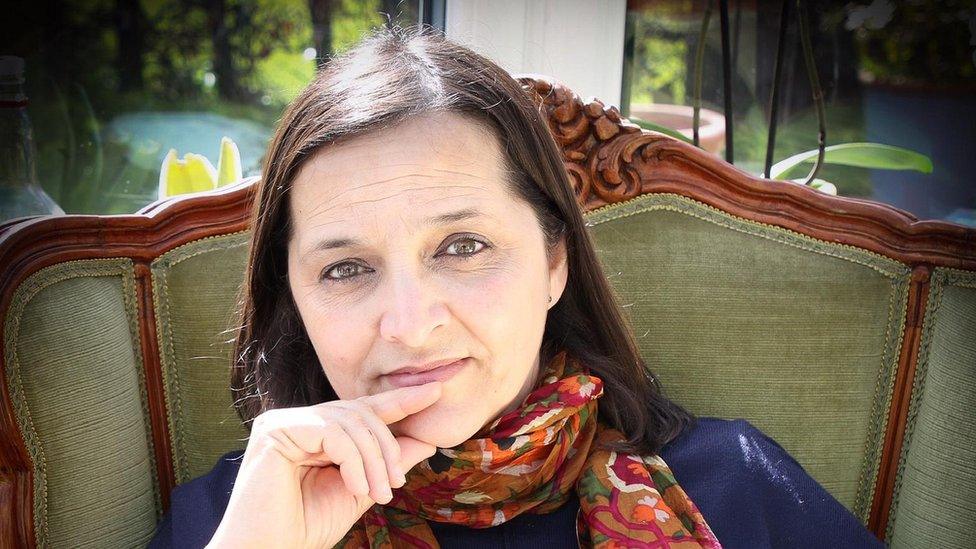
- Published29 December 2021

- Published3 November 2022

- Published7 September 2020
